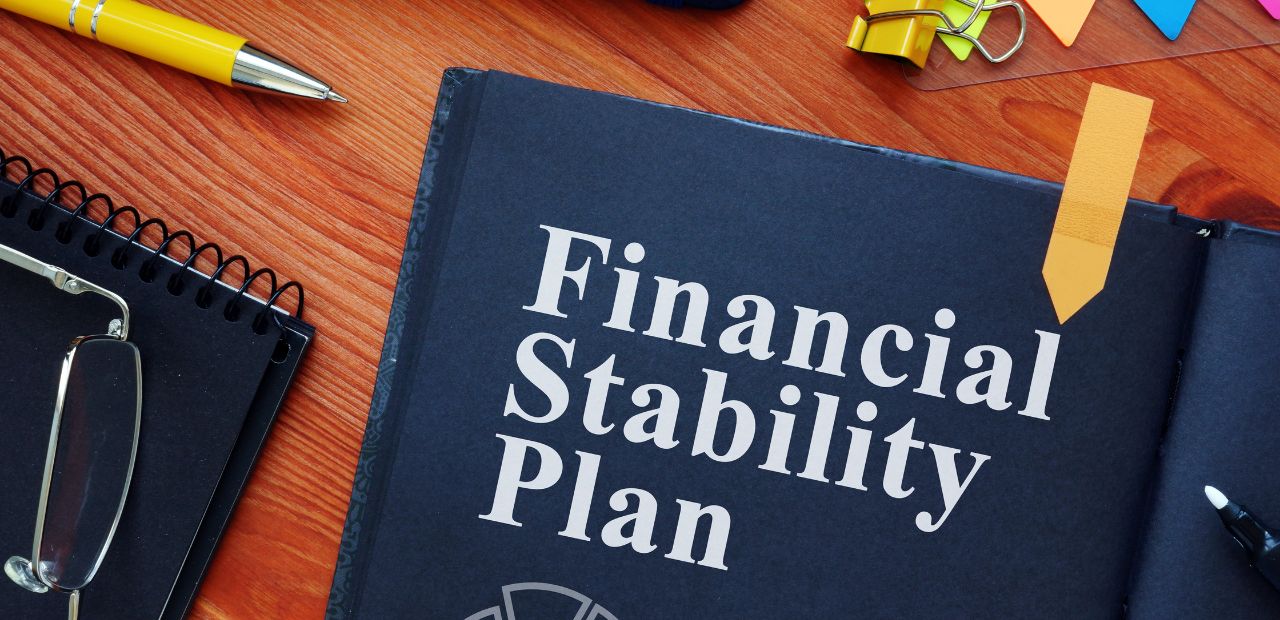It may seem impossible to reach your goals for finance, but if you take the right steps and make a clear list of things to do, you can make steady progress toward your dreams. This complete financial checklist of money-saving tips will help you stay on track and meet your goals, whether you’re saving for a house down payment, planning for retirement, or trying to get rid of debt.
Tips To Achieve Your Goals with Financial Checklist
1. Set Clear Goals
Setting clear financial goals is the first thing you need to do to reach them. Make it clear what you want to accomplish and give yourself a time frame for each goal. Long-term goals are set for 5 years or more. Short-term goals are set for 1 to 2 years. Make sure that your goals are reasonable and doable given your present financial situation.
2. Create a Budget
A budget is a useful tool that can help you figure out how much money you make and how much you spend. Start by making a list of all the ways you make money, such as your main job, savings, and any side jobs you may have. Next, make a list of all your costs, such as your rent or mortgage, utilities, food, transportation, fun things to do, and payments on your debts. You should try to find ways to spend less so that you can put more money toward your financial goals.
3. Build an Emergency Fund
Things can go wrong at any time, and having an emergency fund can help you get through them. Put away enough money in a different account to cover your living costs for three to six months. There will be a safety net in place in case you lose your job, have a medical emergency, or something else unexpected happens.
4. Pay Off Debt
Credit card amounts and other types of high-interest debt can make it harder to reach your financial goals. Plan how you’ll pay off your debts quickly. You could use the debt snowball or avalanche method, which means you pay off one bill at a time while making the minimum payments on the others. Move the money you were using to pay off one bill to the next one on your list as you finish each one.
5. Invest for the Future
If you want to reach your long-term financial goals, like retirement, you need to invest. Start by putting money into a retirement plan offered by your workplace, like a 401(k), if one is available. If your company matches your contributions, try to put in at least that much to get the most out of it. Open an Individual Retirement Account (IRA) to save more money without paying as much in taxes. Spread out your investments by adding stocks, bonds, and other assets that fit your risk tolerance and investment goals as you get better at it.
6. Protect Your Assets
Protecting your valuables is an important part of your financial to-do list. Make sure you have enough insurance, such as property, health, life, and unemployment insurance. Check your rules often to make sure they still meet your needs. You might also want to make an estate plan, which includes a will, a power of attorney, and a healthcare order. These papers will make sure that your assets are split up the way you want them to be and that your family is taken care of if you become unable to do so or die.
7. Monitor Your Credit
Your credit score is a very important part of your financial health. A good credit score can help you get loans and homes with low interest rates. On the other hand, a bad credit score can make it hard to get credit when you need it. Always look over your credit record to find mistakes and signs of identity theft. To keep your credit score high, pay your bills on time, don’t use too much of your available credit, and don’t open too many new accounts at once.
8. Continuously Educate Yourself
Learning about money is a constant process. Commit to learning more about personal finance, saving, and managing your money all the time. Read books, go to workshops, and when you need to, talk to financial experts. Keeping up with the latest news and changing your plans as your life changes will help you make smart financial choices and reach your financial goals.
Conclusion
To reach your financial goals, you need to be disciplined, patient and have a well-thought-out plan. You can make clear goals, make a budget, save for emergencies, pay off debt, invest for the future, protect your assets, keep an eye on your credit, and keep learning by following this ultimate financial plan. Don’t forget that getting rich is a process, not a goal. Keep your eye on the long-term goal and celebrate your progress along the way.
If you’re having trouble with your debt and need help, you might want to look into MDR Financial’s debt settlement services. Their experienced staff can help you find your way through the complicated process of getting out of debt and make a plan just for you that will help you get out of debt faster. Today is the day to take charge of your financial future. Call MDR Financial to find out how they can help you reach your goals.
FAQs
How much should I put away in case of an emergency?
Try to keep enough money in your emergency fund to cover your living costs for three to six months. This will give you enough of a cushion in case something unexpected happens, like losing your job or having a medical emergency.
How should I pay off my debts?
The debt snowball and the debt explosion are two well-known ways to get out of debt. The debt avalanche pays off the debts with the biggest interest rates first, while the debt snowball pays off the smallest debts first. Pick the way that helps you stay on track the most and works best for you.
How do I begin saving if I’ve never done it before?
Put money into a retirement plan offered by your workplace, like a 401(k), right away. This is especially important if your employer matches your contributions. You might want to open an IRA to save even more money without paying taxes on it. You should add a mix of stocks, bonds, and other assets that fit your risk tolerance and goals to your portfolio as you learn more.
What kinds of protection do I need?
Health, life, disability, and property insurance are all important types of insurance. You will need different types and amounts of coverage depending on your health, family situation, and possessions, among other things.
How often should I look at my credit report?
Equifax, Experian, and TransUnion are the three main credit companies. Every year, you can get one free credit report from each of them. You might want to check your credit report every four months from each company to look for mistakes and signs of identity theft.











